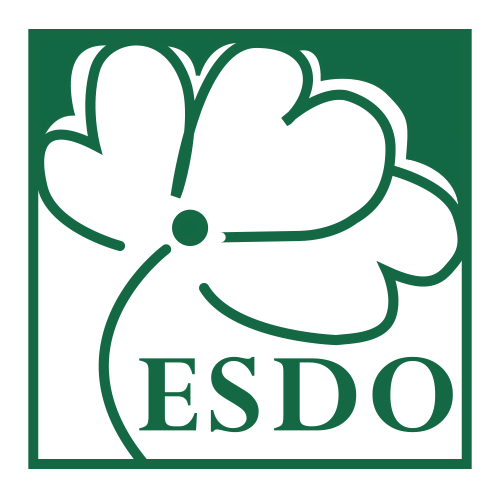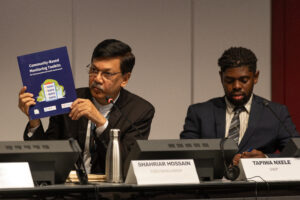Delegates from 25 countries across the Asia-Pacific region gathered in Bangkok for a preparatory meeting to coordinate positions for the sixth meeting of the Conference of the Parties (COP-6) to the Minamata Convention on Mercury, scheduled for November 2025 in Geneva.
The two-day (23-24 September 2025) meeting served as a crucial platform to build consensus on key issues, including phasing out mercury-added products, tackling illegal trade, managing mercury waste, and strengthening national reporting.
Bangladesh Takes a Leadership Stance
The Bangladesh delegation played a prominent role, actively shaping the regional dialogue on several critical fronts:
-
On Mercury in Cosmetics: Despite a global ban taking effect in 2025, Bangladesh highlighted that mercury-laden skin-lightening creams remain widely available. They called for stricter enforcement, stronger regional cooperation to curb cross-border and online trade, and public awareness campaigns to protect consumers.
-
On Phasing Out Dental Amalgam: Bangladesh voiced strong support for the “African Amendment,” which proposes a global phase-out of dental amalgam by 2030. This aligns with Bangladesh’s own national shift towards mercury-free dentistry, aiming to protect children, women, and dental workers from mercury exposure.
-
On Mercury Waste: Bangladesh raised significant concerns about the transboundary movement of mercury waste and a shortage of secure storage facilities. The country emphasized the urgent need for technical and financial support to develop safe, environmentally sound disposal and storage systems in line with international guidelines.
ESDO’s Executive Director and Director of Asian Center for Environmental Health, Siddika Sultana, actively participated in this meeting, urging for firm enforcement of the zero-mercury standard across all cosmetics, regional cooperation to address cross-border and e-commerce trade, stronger customs and market surveillance, particularly in Bangladesh, the Philippines, and India, and public awareness campaigns to protect consumers and reduce demand.
Through its active interventions, Bangladesh has positioned itself as a proactive regional leader, committed to advancing public health and the effective implementation of the Minamata Convention.


